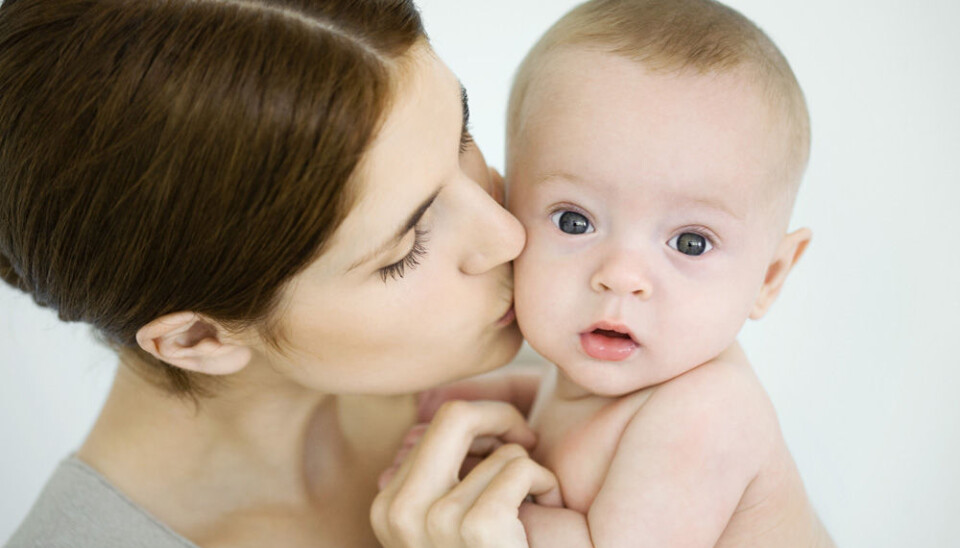
Happiness, anger and heart defects
Mothers of babies born with serious heart defects are no less happy six months after birth than mothers of healthy babies.
Denne artikkelen er over ti år gammel og kan inneholde utdatert informasjon.
This is indicated by a new analysis from the Norwegian Institute of Public Health using data from the Norwegian Mother and Child Cohort Study.
The total emotional picture is a little more complicated. A Norwegian doctoral thesis has previously shown how children’s heart defects impact the mental health of mothers, in the form of anxiety and depression.
The new study shows that the mothers are prone to more anger, announces the Norwegian Institute of Public Health (FHI).
This is thought to be the first time researchers have studied the satisfaction and sense of happiness among this group of mothers soon after births. The study has been published in Quality of Life Research.
“The major finds are both encouraging and perhaps surprising, as one would expect such a serious and dramatic situation such as giving birth to a child with a congenital heart disorder to have a strong impact on a mother’s satisfaction and happiness,” says researcher Maria Teresa Grønning Dale at the Institute to FHI’s webpages.
Grønning Dale offers two explanations. Perhaps mothers who suffer a disappointment right after a birth feel that they have returned to their former selves after half a year, because the infant has been under treatment and is still alive.
Or perhaps a reduction in happiness tends to come later after they have lived with the situation for a while,” reasons Grønning Dale. She and her colleagues now plan to look for changes in the mothers’ moods over a longer period of time.
-----------------------------------------
Read the article in Norwegian at forskning.no
Translated by: Glenn Ostling
































